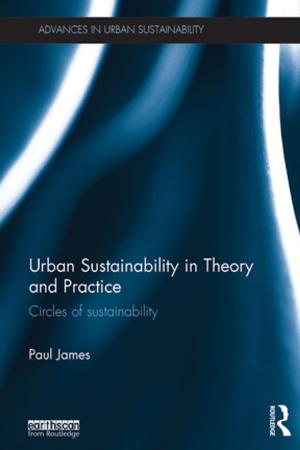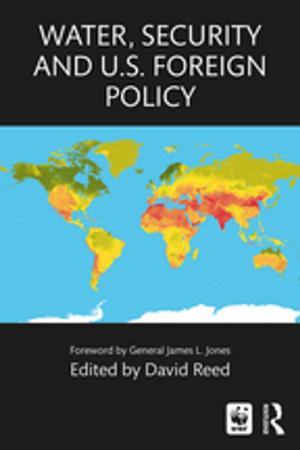We Count, We Matter
Voice, Choice and the Death of Distance
Business & Finance, Business Reference, Business Etiquette, Marketing & Sales, Consumer Behaviour, Business Ethics| Author: | Christopher Steed | ISBN: | 9781351394154 |
| Publisher: | Taylor and Francis | Publication: | February 5, 2018 |
| Imprint: | Routledge | Language: | English |
| Author: | Christopher Steed |
| ISBN: | 9781351394154 |
| Publisher: | Taylor and Francis |
| Publication: | February 5, 2018 |
| Imprint: | Routledge |
| Language: | English |
This book examines the meaning of Brexit, the election of Trump and the rising tide of populist revolt on the right amidst the collapse of the left. Exploring the reaction against the establishment or ‘the system’, the author contends that we are witnessing a new divide between those who wish to see an interconnected world and those who seek distance: as transport and technology shrink the world, we witness a backlash that favours protectionism and opposes immigration. Distance is the new frontier: for some, remote players are rejected in favour of identities closer to home. This divide plays out in relation to the notion of ‘face’, as individuals react to ‘faceless’ organisations and processes such as globalisation and automation, responding to a sense of alienation on social media and developing a conception of themselves as networked individuals. Thus, we move towards a type of society characterised not by honour and dishonour, or right and wrong, but by voice and choice. A fascinating and very accessible analysis of the divisions and transformations that have come to dominate the contemporary landscape, this book will appeal to political leaders and social scientists with interests in globalisation, social movements and social theory.
This book examines the meaning of Brexit, the election of Trump and the rising tide of populist revolt on the right amidst the collapse of the left. Exploring the reaction against the establishment or ‘the system’, the author contends that we are witnessing a new divide between those who wish to see an interconnected world and those who seek distance: as transport and technology shrink the world, we witness a backlash that favours protectionism and opposes immigration. Distance is the new frontier: for some, remote players are rejected in favour of identities closer to home. This divide plays out in relation to the notion of ‘face’, as individuals react to ‘faceless’ organisations and processes such as globalisation and automation, responding to a sense of alienation on social media and developing a conception of themselves as networked individuals. Thus, we move towards a type of society characterised not by honour and dishonour, or right and wrong, but by voice and choice. A fascinating and very accessible analysis of the divisions and transformations that have come to dominate the contemporary landscape, this book will appeal to political leaders and social scientists with interests in globalisation, social movements and social theory.















